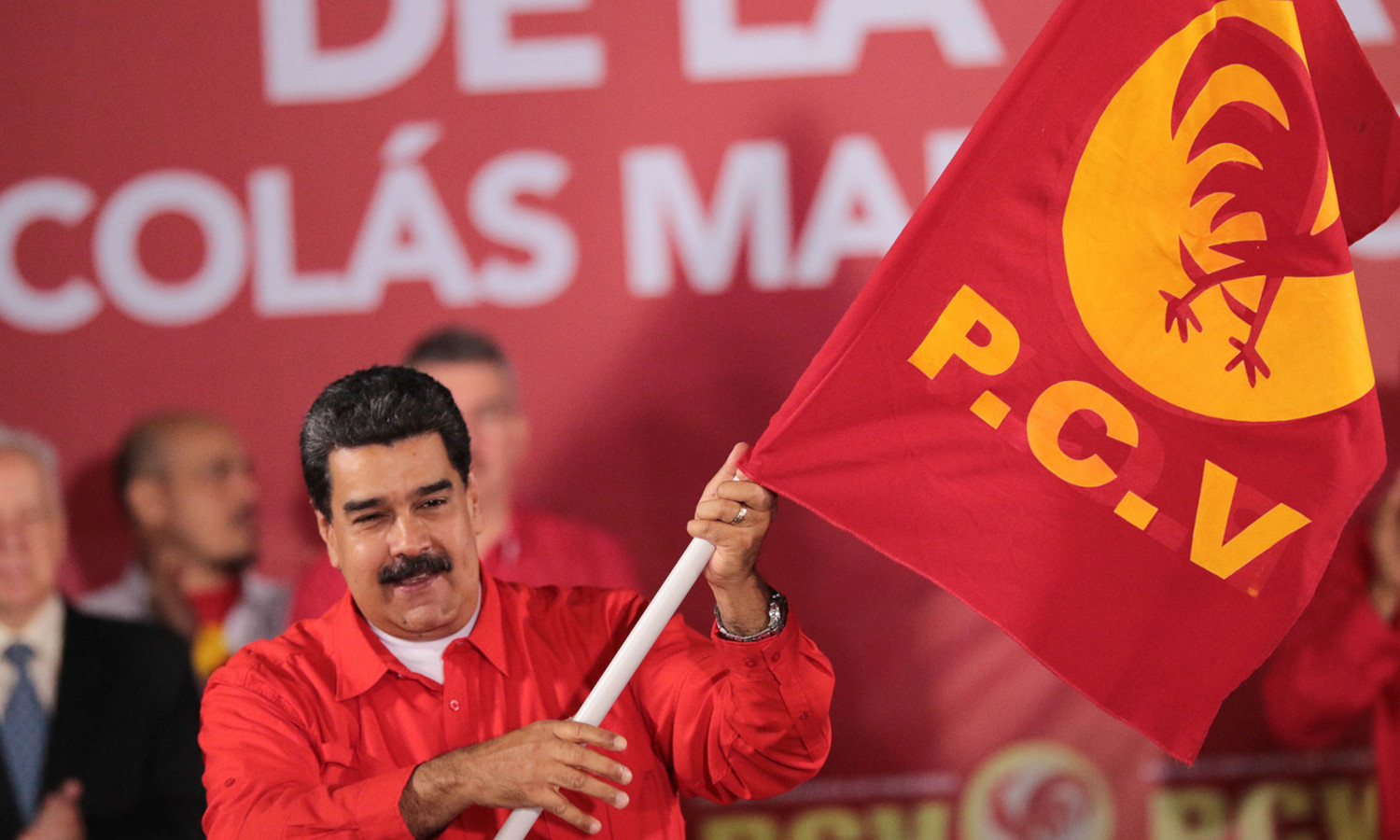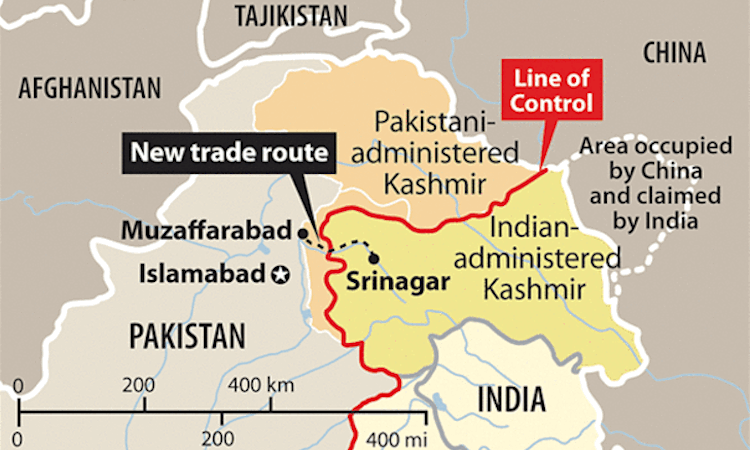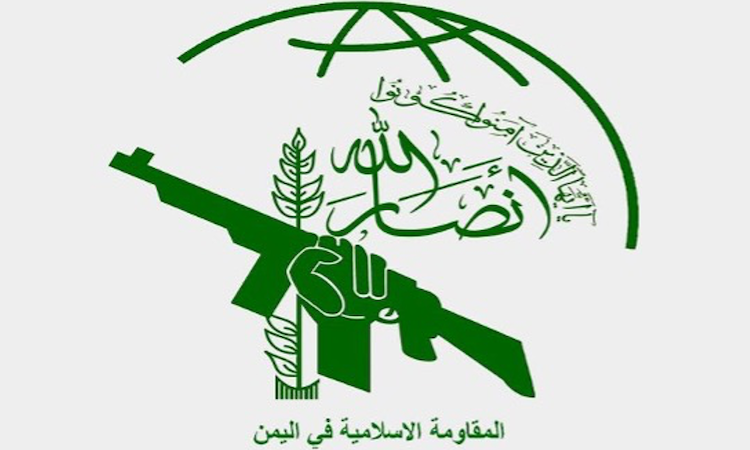Ten days after the murder attempt against Argentinean vice-president Cristina Fernandez de Kirchner (CFK), the Clarin newspaper, owned by the country’s largest media conglomerate, wrote an article headlined: ‘Cristina, entre la bala que no salió y el fallo que si saldrá’ (Cristina, between the bullet that did not fire and the court sentence that will fire).
This title openly expressed the firm desire of the upper classes and right-wing politicians to eliminate Ms Kirchner from the political scene, whether via a bullet or via the courts.
Lawfare, nothing new in Latin America
In 2001, US air force general Charles Dunlap defined the term ‘lawfare’ as the use of the courts to obtain certain results that would otherwise require the use of military force. Since then, the concept has expanded to include the use of legal systems and institutions to damage or delegitimise an opponent, or to weaken or destroy political adversaries.
To implement lawfare processes, the ruling classes have two main allies: the highly-concentrated mainstream mass media and that most conservative and ideologically dependable of bourgeois-democratic institutions – the judiciary.
In Latin America, lawfare has been used by the USA to justify political and economic sanctions against countries like Cuba, Nicaragua and Venezuela, by corrupted judges to prosecute political leaders and ban them from running in elections, as was the case of Rafael Correa (former president of Ecuador) barred in absentia from running for office for 25 years, Dilma Rouseff (former president of Brazil) deposed in 2016, Evo Morales (former president of Bolivia) who was barred from standing in 2020’s Senate elections, and Lula da Silva (former president of Brazil).
The case of Ignacio ‘Lula’ da Silva is one of the most recent and glaring examples of this use of the courts to achieve political ends. The former Brazilian president was sentenced by a corrupted court to 12 years in prison on trumped-up corruption charges in 2018, thus preventing him from standing in that year’s presidential election.
Lula had spent 580 days in prison when Brazil’s supreme court finally overturned his sentence as baseless and political motivated, thus freeing him to run for office once more. He was duly elected president of Brazil for the third time in October 2022.
As defeated president Jair Bolsonaro’s vice-president Hamilton Mourão remarked ruefully: “We have to stop crying. We lost the election. Our mistake was to have allowed Lula to turn the court case around.”
Lawfare and the Kirchner case
Since leaving the presidency in 2015, Cristina Fernandez de Kirchner (known to locals as CFK) had been subjected to daily harassment by corrupt judges and corporate media in an attempt to silence her, while the new right-wing government of Mauricio Macri was busy reversing the major social policies that had been implemented during her presidency.
Several lawsuits were presented against Ms Kirchner. The most significant of these were charged her with: manipulation of future currency exchange prices against central bank reserves; concluding a memorandum of understanding with Iran regarding the investigation of a terrorist attack against a jewish community centre that had occurred in 1994; tax evasion; corruption in the award of public infrastructure projects in the province of Santa Cruz.
In the last seven years, these cases have been dismissed one by one, either for lack of evidence or because Ms Kirchner was acquitted before the case went to trial. But the media continued to report on the charges daily, doing everything possible (as was done in Brazil regarding Lula) to incite a mood of public condemnation.
Clearly, all this harassment was not aimed at achieving ‘justice’, but at destroying the hope that Christina Kirchner represents to millions of poor Argentineans – hope for a life free from the grinding poverty inflicted as a result of the US plunder of their country.
As a new electoral year approached, the elite used the judges and courts under their control to have Cristina sentenced to six years in prison – and to issue her with a lifelong ban from holding public office.
The judges now have until 9 March 2023 to ‘explain’ their decision, at which point Ms Kirchner will be able to begin the lengthy (in all probability years long) appeal process. For the first time in Argentinian history, a vice-president has been convicted of a crime while in office (following the example of Dilma Rousseff in Brazil, who was deposed during her presidency following similar convictions).
Following Ms Kirchner’s sentencing, a photograph has appeared which shows her judges playing football together at former president Mauricio Macri’s ranch. Another shows several of them flying with media tycoons in a private jet to visit British business magnate Joe Lewis, a close friend of Macri, at his Patagonian ranch.
After years of corporate media campaigning against Ms Kirchner, public opinion is naturally polarised. But among the popular masses there is a strong belief that her sentence was politically motivated.
This was clearly expressed by Kirchner herself after the court hearing: “They sentence me because they are against a model of economic development and recognition of the rights of the people. But the sentence is not six years or jail. The real sentence they are issuing is the perpetual disqualification to exercise elective political office. All public posts I held were won by popular vote.”
Despite her having declared that she will not seek election in 2023, public support for Cristina’s candidacy is on the rise.
Progressive leaders in Latin America – a stone in the shoe of US backyard policies
For US policy makers, Latin America is a basket full of rich resources that need to be managed in the interests of the USA. This attitude was summed up by US Southcom chief General Laura Richardson at a recent Atlantic Council event on ‘security in the Americas’.
During her interview, General Richardson catalogued and stressed the importance of Latin-American resources such as the vast oil reserves of Venezuela, huge recently-discovered deposits of copper, silver, gold and other minerals, and the ‘lithium triangle’ (Argentina, Bolivia and Chile), which accounts for most of Latin America’s estimated 60 percent of global lithium reserves.
General Richardson further highlighted the 21 countries of the region that have joined China’s Belt and Road Initiative, the Chinese multinational Huawei’s leading role in telecommunications and the provision of 5G networks, and Russia’s activities in Latin America as ‘threats to the US national security’.
In summary, defending US interests means ensuring the application of ‘US policies’ in the region. (A conversation with General Laura J Richardson on security across the Americas, 19 January 2023)
Progressive leaders in Latin America have always represented a major obstacle to the continued dominance of ‘US policies’ in the region.
As the recent victories of Gustavo Petro in Colombia and Lula in Brazil show, progressive leaders want to develop independent regional policies that address inequality, determine locally the best use of local resources, and end the isolation of Cuba, Venezuela and Nicaragua.
As the recent Celac (Community of Latin American and Caribbean States) summit demonstrated, there is a desperate need for the continent to create a forum at which its own voice can be heard, as distinct from the US-dominated Organisation of American States (OAS).
Progressive leaders at the summit called for the strengthening of institutions and of democracy in the face of a recalcitrant and fascist right, for an end the blockade of Cuba, Nicaragua and Venezuela, for the construction of a peaceful and multipolar world order.
President Nicolás Maduro of the Bolivarian Republic of Venezuela pointed out: “It is imperative that we raise a single voice, and Latin America and the Caribbean tell the United States of North America: no more coups, enough sanctions against free and sovereign countries. We must join forces and efforts to reject all kinds of interventionism by forces or powers out of our region.”
The recent rejection by Colombia, Brazil, Nicaragua, Venezuela, Cuba and Argentina of the USA’s request to send their stockpiles of Soviet/Russian weapons to Ukraine confirmed that progressive leaders are committed to building in Latin America and the Caribbean a ‘Zone of Peace’, as declared in the third Celac summit in 2014.
One thing is clear: the more that the oppressed nations stand together, the better they will be able to defend their sovereignty and achieve their independence.
















